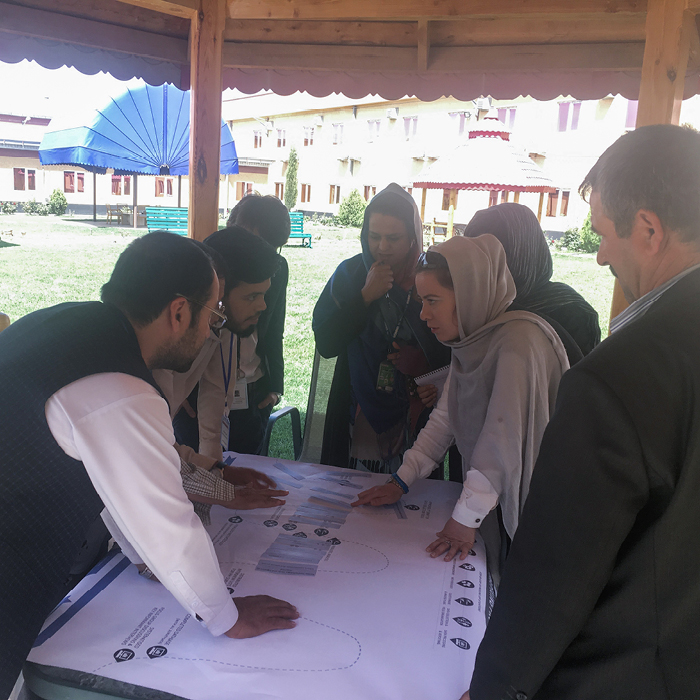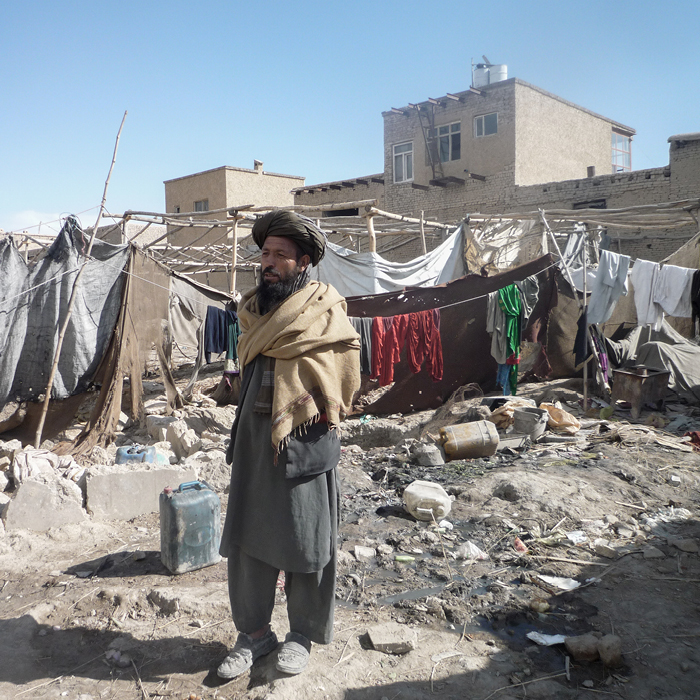Afghanistan has been in a state of rolling conflict and crisis for more than 35 years, making displacement an all too familiar survival strategy for two generations. Faced not only with relentless violence and insecurity, but also disasters in the form of floods, storms, drought and earthquakes, millions of Afghans have fled both within and beyond the country’s borders. Basic services are limited in many areas, and the country’s institutions do not have the capacity and resources to fully address the situation.
Plenty of data exists on displacement in Afghanistan, collected by different organisations using different methodologies for different operational purposes. Given the numerous data challenges and based on a series of support requests, JIPS initially identified Afghanistan as priority country for support in 2012. It has since collaborated on three initiatives:
- Durable solutions (2018)
- Displacement tracking (2012-2013)
- IDP protection study (2012)

